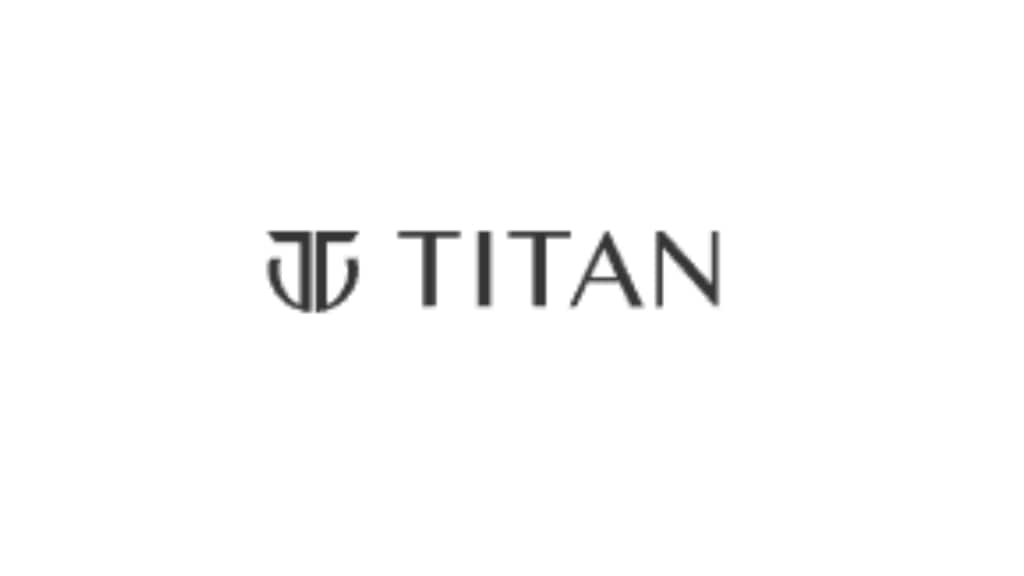Shares of Titan Company Ltd fell by over 3% to an intra-day low of Rs 3,114 on the National Stock Exchange (NSE) on Wednesday. This drop followed the Tata Group-owned lifestyle products retailer’s announcement that its consolidated profit for the quarter ended September 2024 had declined by 23.1% year-on-year (YoY) to Rs 704 crore.
Q2 Earnings Report: Decline in Profit Despite Strong Revenue Growth
Titan released its financial results for the July-September 2024 quarter on Tuesday, November 5. The company reported a 23% fall in net profits to Rs 704 crore, compared to Rs 916 crore in the same quarter of the previous year.
However, despite the profit decline, Titan’s revenue from core operations saw a notable increase of 25.8%, rising to Rs 13,473 crore from Rs 10,708 crore year-on-year.
Increased Expenses and Cost Pressures
Titan’s total expenses for the quarter grew by 20% to Rs 13,709 crore, up from Rs 11,402 crore in Q2 of FY24. A significant portion of the expenses stemmed from the cost of materials and components consumed, which surged by 26.6% to Rs 13,432 crore, compared to Rs 10,607 crore in the same period last year.
Profitability Under Pressure: Decline in EBITDA Margin
Titan’s profitability indicators also showed signs of strain. The company’s Earnings Before Interest, Taxes, Depreciation, and Amortization (EBITDA) margin fell by 430 basis points (bps) to 9.9% in Q2 FY25, down from 14.2% in the corresponding period of the previous year.
Despite the strong revenue growth across various segments, the profitability from the company’s most lucrative segment—the Jewellery business—declined significantly.
Jewellery Segment Performance Takes a Hit
The Jewellery segment, which is the most profitable business for Titan, witnessed a decline in profits by nearly 20% in the quarter. Profits for this segment fell to Rs 974 crore, compared to Rs 1,217 crore in the same period a year ago.
Despite the overall revenue growth from its Watches, Wearables, Jewellery, and Eyecare segments, the decline in jewellery profits played a key role in the lower-than-expected earnings.
Brokerages on Titan Company
Morgan Stanley on Titan
Morgan Stanley has maintained an “Equal-weight” rating on Titan with a target price of Rs 3,532 per share. The brokerage noted strong top-line growth in Q2, but highlighted a significant negative surprise in margins compared to expectations.
While buyer growth was robust, driven by the duty cut as per management, the firm anticipates strong demand in the second half of FY25. However, the company has revised its full-year guidance for the jewellery EBIT margin, now expecting it to range between 11% and 11.5%.
Jefferies on Titan Company
Jefferies has maintained a “Hold” rating on Titan, lowering its target price to Rs 3,400 per share. The brokerage noted that the impact of the customs duty reduction negatively affected reported margins, while adjusted margins were also weaker due to an inferior product mix, particularly lower studded jewellery sales.
Although Q2 results met muted expectations, they were still below consensus estimates. Management’s commentary on demand was reasonably positive, but the reduction in jewellery margin guidance, driven by weak solitaire demand, is expected to be viewed negatively. Jefferies has revised its EPS forecast downward by 3-7%.
Stock Performance in Last One Year
The shares of Titan Company have demonstrated negative returns across various time intervals. In the last month, the stock delivered a negative return of 14.64%. Over the past six months, it exhibited a significant decline, with negative returns of 4.49%, indicating a strong downtrend.
Year-to-date figures further emphasize the stock’s bearish trend, recording negative returns of 14.76%. Looking at the broader horizon, the shares have shown consistent weakness, with negative returns of 4.11% over the last year.
(Disclaimer: Views, recommendations, and opinions expressed are personal and do not reflect the official position or policy of Financial Express.com. Readers are advised to consult qualified financial advisors before making any investment decisions. Reproducing this content without permission is prohibited.)

